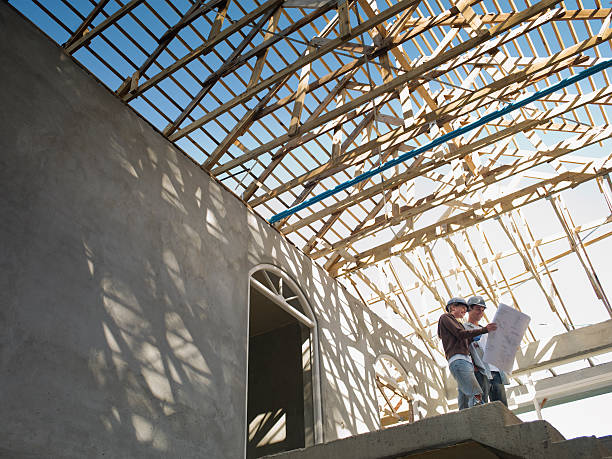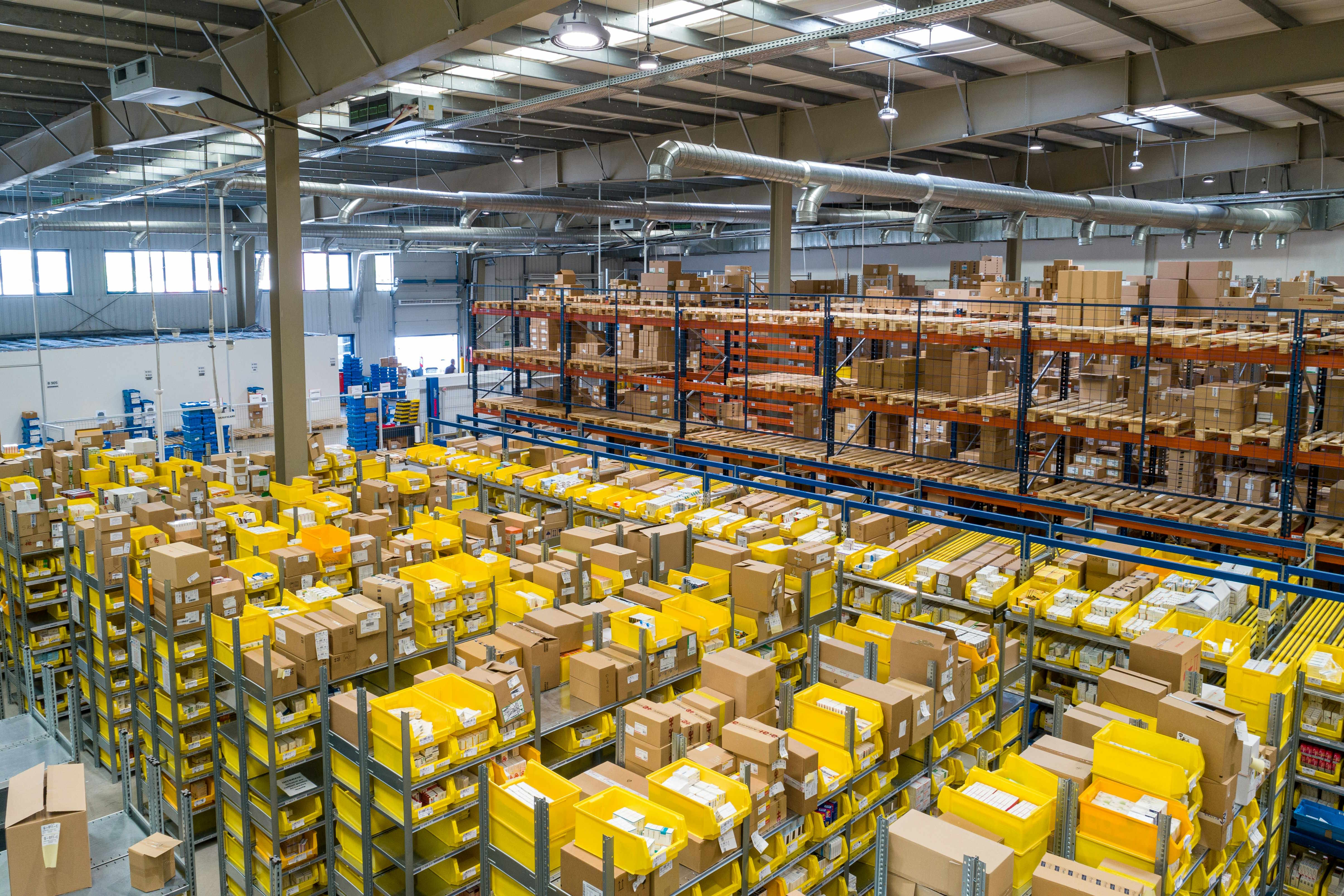Transforming Construction Projects: A Comprehensive Guide to Construction Services
Construction services are the backbone of modern infrastructure development, encompassing a wide range of activities that bring architectural visions to life. From residential homes to sprawling commercial complexes, these services play a crucial role in shaping our built environment. This article delves into the world of construction services, exploring their various aspects and importance in today's rapidly evolving landscape.

The importance of construction services cannot be overstated. They contribute significantly to economic growth, job creation, and urban development. Moreover, these services are crucial for addressing housing shortages, improving infrastructure, and creating spaces that enhance our quality of life. As cities expand and populations grow, the demand for skilled construction services continues to rise, making it a vital industry in today’s world.
How Do Construction Services Differ for Residential and Commercial Projects?
While the fundamental principles of construction remain the same, there are notable differences between residential and commercial building projects. Residential construction typically involves single-family homes, apartments, or small multi-unit dwellings. These projects often focus on creating comfortable living spaces with attention to individual preferences and lifestyle needs.
Commercial construction, on the other hand, encompasses a broader range of structures, including office buildings, retail spaces, hotels, and industrial facilities. These projects tend to be larger in scale and more complex, requiring specialized expertise in areas such as structural engineering, HVAC systems, and compliance with commercial building codes. Commercial projects also often involve more stakeholders and have stricter timelines and budgetary constraints compared to residential constructions.
What Key Services Does a Construction Contractor Typically Offer?
A construction contractor offers a wide array of services to ensure the successful completion of building projects. These services typically include:
-
Project Planning and Management: Overseeing the entire construction process, from initial concept to final delivery.
-
Site Preparation: Clearing land, grading, and preparing the site for construction.
-
Foundation Work: Laying the groundwork for the structure, including excavation and concrete pouring.
-
Structural Framing: Erecting the building’s skeleton using wood, steel, or concrete.
-
Electrical and Plumbing Installation: Setting up essential utility systems within the structure.
-
Interior and Exterior Finishing: Completing walls, floors, ceilings, and exterior facades.
-
HVAC Installation: Implementing heating, ventilation, and air conditioning systems.
-
Landscaping: Designing and executing outdoor spaces around the building.
-
Quality Control and Inspections: Ensuring all work meets required standards and building codes.
-
Project Documentation: Maintaining detailed records of the construction process and final as-built drawings.
How Can You Choose the Right Construction Service Provider?
Selecting the right construction service provider is crucial for the success of any building project. Here are some key factors to consider:
-
Experience and Expertise: Look for contractors with a proven track record in projects similar to yours.
-
Licensing and Insurance: Ensure the contractor is properly licensed and carries adequate insurance coverage.
-
References and Portfolio: Review past projects and speak with previous clients to gauge the quality of their work.
-
Communication Skills: Choose a contractor who communicates clearly and keeps you informed throughout the project.
-
Financial Stability: Verify the contractor’s financial health to ensure they can complete your project without issues.
-
Technology Adoption: Consider providers who use modern construction technologies for improved efficiency and quality.
-
Subcontractor Relationships: Inquire about their network of subcontractors and how they manage these relationships.
-
Sustainability Practices: If environmental concerns are important to you, look for contractors with experience in green building practices.
What are the Latest Trends in the Construction Industry?
The construction industry is constantly evolving, with new technologies and methodologies shaping the way buildings are designed and constructed. Some of the latest trends include:
-
Sustainable Building Practices: Increased focus on eco-friendly materials and energy-efficient designs.
-
Building Information Modeling (BIM): Use of 3D modeling software for improved project visualization and coordination.
-
Prefabrication and Modular Construction: Off-site construction of building components for faster on-site assembly.
-
Smart Building Technology: Integration of IoT devices and automation systems for enhanced building performance.
-
Virtual and Augmented Reality: Utilization of VR and AR for project visualization and on-site problem-solving.
-
Drones and Robotics: Implementation of unmanned aerial vehicles and robotic systems for surveying and construction tasks.
-
3D Printing: Exploration of large-scale 3D printing for creating building components and even entire structures.
-
Safety Innovations: Advanced personal protective equipment and real-time monitoring systems for improved worker safety.
These trends are reshaping the construction landscape, offering new possibilities for efficiency, sustainability, and quality in building projects.
Construction services are vital for creating the structures that form the foundation of our communities. From residential homes to commercial complexes, these services encompass a wide range of activities that require skill, expertise, and innovation. As the industry continues to evolve, embracing new technologies and sustainable practices, construction services will play an increasingly important role in shaping our built environment for generations to come.






